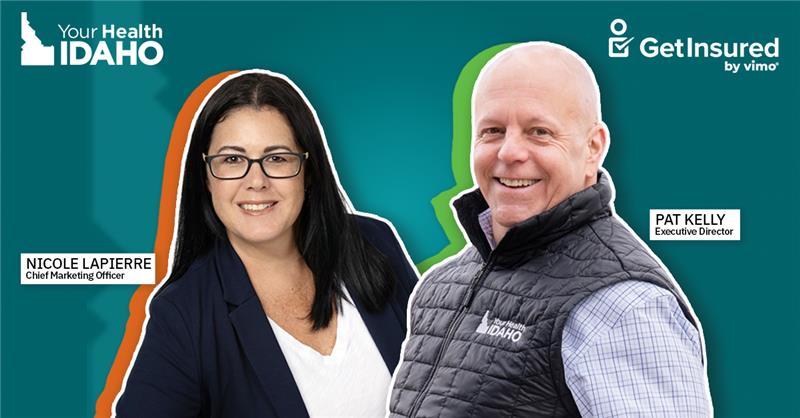Navigating the health insurance landscape can be challenging, especially when life throws unexpected changes your way. Now that the Open Enrollment period for 2024 is over, understanding when and how you can make changes to your health insurance coverage is crucial. Enter the Special Enrollment Period (SEP) — a time outside the yearly Open Enrollment Period when you can sign up for health insurance if you experience certain life events. Which life events qualify? Let’s take a look.
Loss of Health Coverage
- Job Loss: Losing health insurance coverage due to job loss, including voluntary or involuntary termination, qualifies you for an SEP.
- Aging Out: Turning 26 and aging out of a parent’s plan is a common qualifying event.
- Expiration of COBRA: COBRA, which stands for the Consolidated Omnibus Budget Reconciliation Act, is a federal law enacted in 1986 in the United States. It gives workers and their families who lose their health benefits the right to choose to continue group health benefits provided by their group health plan for limited periods of time, typically up to 18 or 36 months, under certain circumstances such as voluntary or involuntary job loss, reduction in the hours worked, transition between jobs, death, divorce, and other life events. The end of COBRA coverage also opens up an SEP on the exchanges for individuals.
- Loss of Medicaid or CHIP: Losing eligibility for Medicaid or the Children’s Health Insurance Program (CHIP) allows you to apply for new coverage. This is critical as Medicaid redeterminations continue across the country.
Household Changes
- Marriage or Divorce: Getting married or divorced can affect your health insurance needs and may qualify you for an SEP.
- Birth or Adoption: The addition of a new family member, whether through birth, adoption, or foster care placement, triggers an SEP.
- Death: Losing a family member who was a part of your health insurance plan may qualify you for an SEP to make necessary changes to your coverage.
Relocation
- Moving to a New Area: Moving to a new ZIP code or county, moving to the U.S. from a foreign country or United States territory, if you’re a student moving to or from the place you attend school, or a seasonal worker moving to or from the place you both live and work, qualifies you for an SEP.
- Change in Residence for Other Reasons: Other changes in residence, such as moving to or from a shelter or other transitional housing, also qualify.
Other Qualifying Events
- Changes in Income: Significant changes in household income that affect the coverage you qualify for can trigger an SEP.
- Gaining Membership in a Federally Recognized Tribe or Status as an Alaska Native Claims Settlement Act (ANCSA) Corporation Shareholder: Members of federally recognized tribes and ANCSA shareholders can sign up or change plans once a month.
- Error, Misrepresentation, or Inaction by an Insurance Company or Advisor: Errors or issues in the enrollment or disenrollment process can also qualify you for an SEP.
- Gaining or Losing Eligibility for Premium Tax Credits or Cost-Sharing Reductions: Changes that affect your eligibility for financial assistance can open up an SEP.
- Becoming a U.S. Citizen: Gaining citizenship or lawful presence in the U.S. qualifies you for an SEP.
- Release from Incarceration: Being released from jail or prison is a qualifying life event.
How to Apply for an SEP
If you experience a qualifying life event, you typically have 60 days from the date of the event to enroll in a new health plan or change your existing plan through the Health Insurance Marketplace. To apply, you’ll need to provide documentation of the qualifying event and complete the application process on your state’s health insurance exchange website.
Conclusion
Life changes can be unpredictable, but knowing your options for health insurance during these times can provide some stability. If you find yourself experiencing a qualifying life event, remember to act quickly to take advantage of the Special Enrollment Period. Staying informed and prepared ensures that you and your family have the coverage you need, when you need it.






